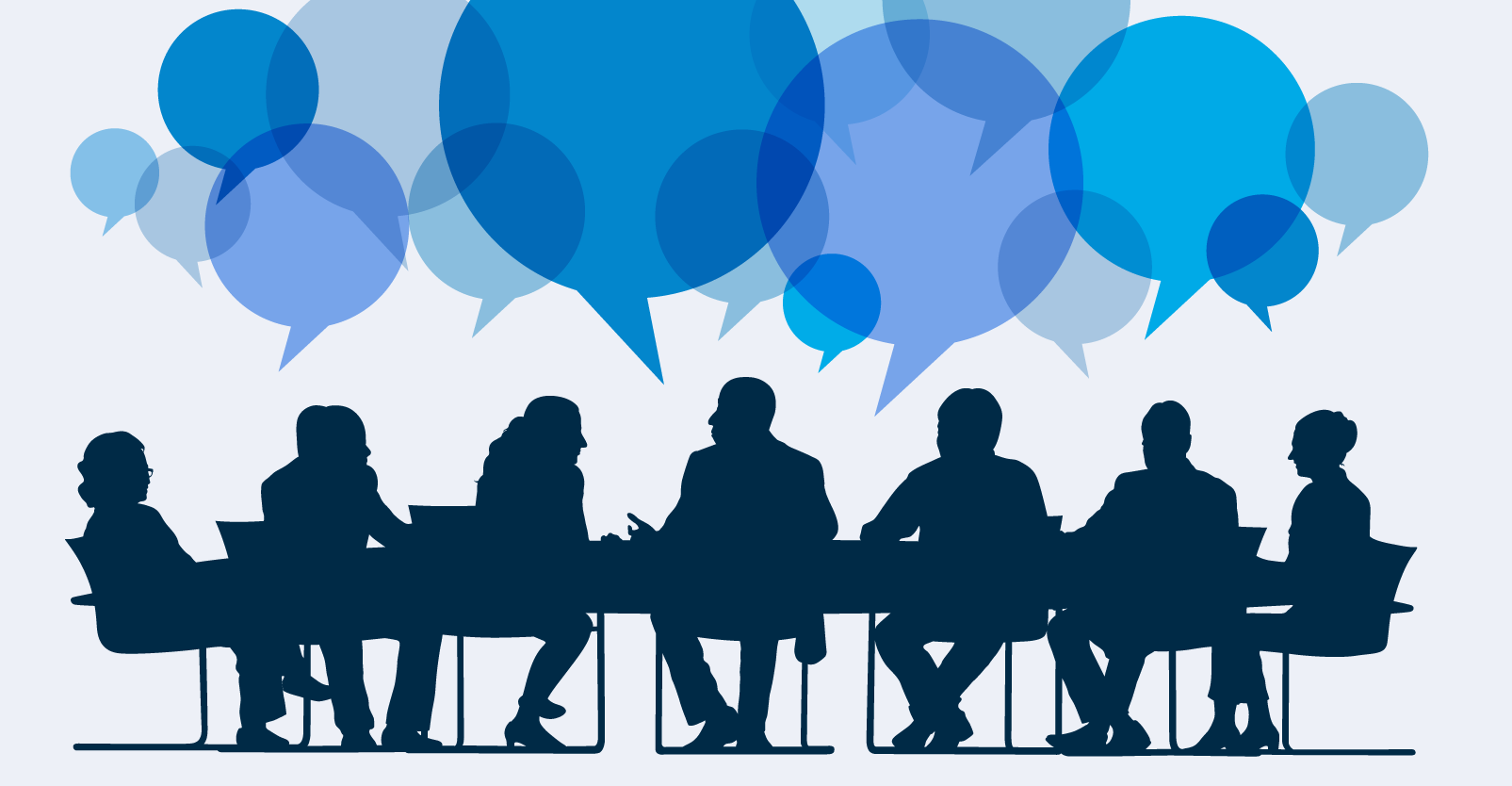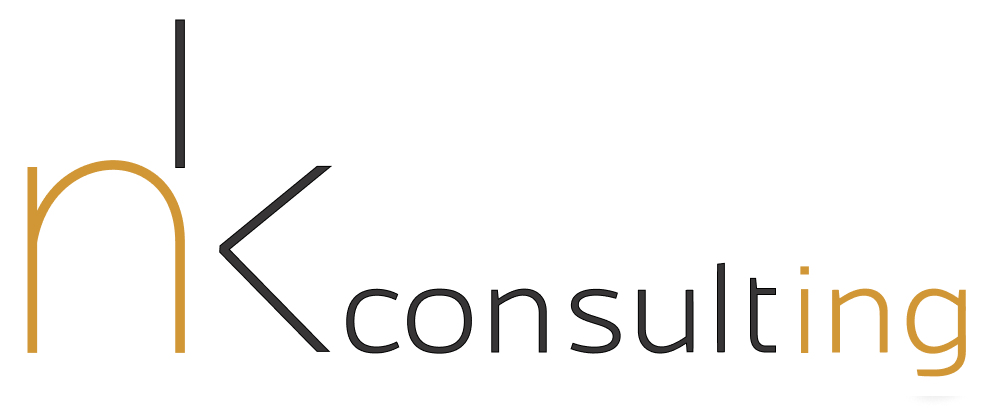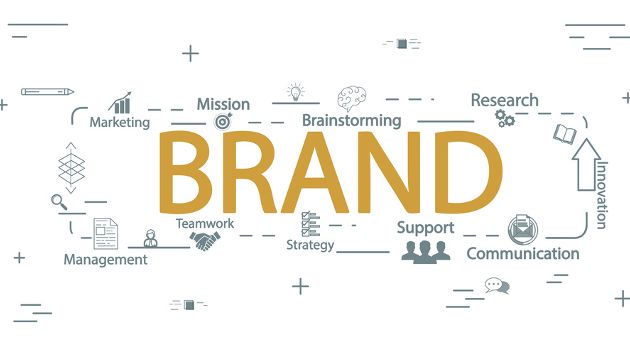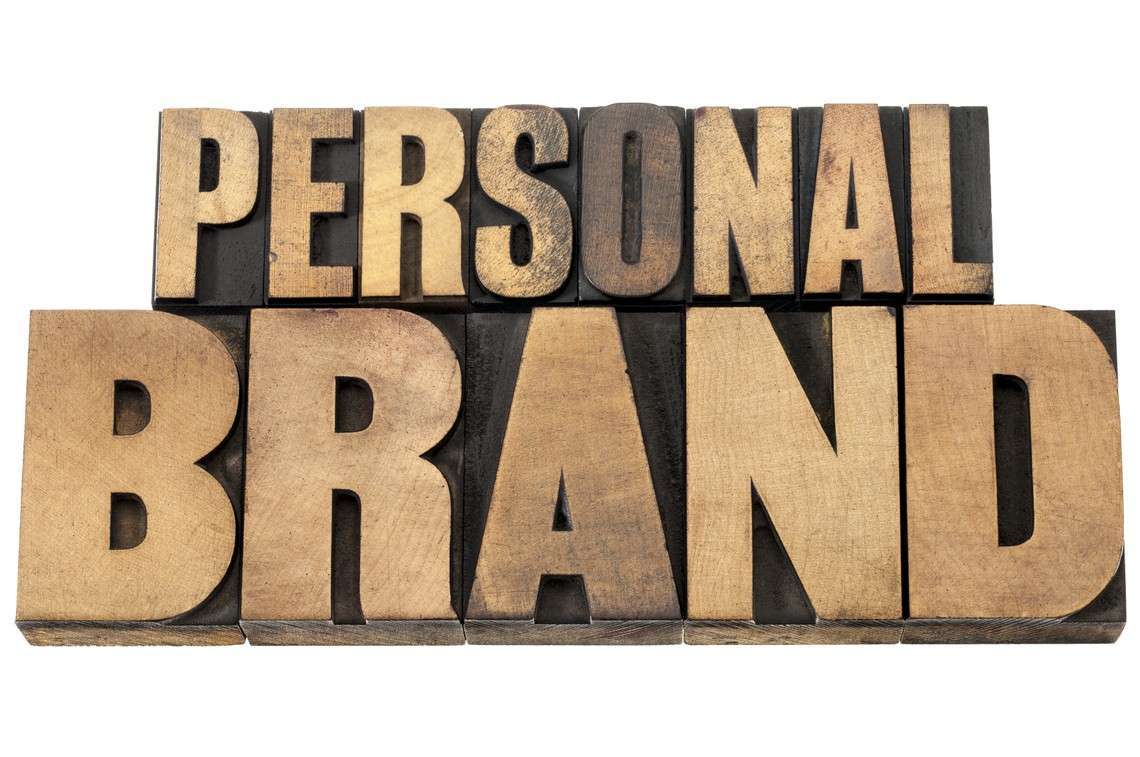
Event Sponsorship: Making the Right Choice
Natalya Klein
Legal Insight No. 7 (73) 2018
www.legalinsight.ru
Participation in and sponsorship of professional events are key tools for promoting a law firm’s expertise and expanding business connections. However, success depends on choosing the right events among many similar ones. To avoid wasting time and money, follow these guidelines to determine which events are worth sponsoring or speaking at.
1. Event Type and Format
Events can be categorized by format (forums, conferences, business breakfasts, roundtables, seminars) and by focus. For the legal industry, they typically fall into four groups:
- Legal – Discussions on legislative changes and enforcement (e.g., Vedomosti bankruptcy/antitrust conferences, Pravo.ru events, Infor-media).
- Industry-Specific – Legal issues in business sectors (e.g., "Legal Challenges in Oil & Gas").
- Professional Development – Topics like law firm management, legal tech (e.g., Moscow Legal Tech, Minsk Legal Forum, GC Summit).
- Networking-Focused – Award ceremonies, social events (dinners, masterclasses, regattas, sports tournaments).
Scale Matters:
- Only three legal events in Russia attract 1,000+ attendees:
- St. Petersburg International Legal Forum
- Yurist System Forum (Kremlin)
- Garant All-Russian Legal Forum
- Most others draw 40–250 participants.
Julia Smirnova, Marketing Director at Rustam Kurmaev & Partners:
"Events by professional associations—like the British-Russian Law Association’s 'Russian Law Week in London' or ABA’s dispute resolution conferences—are highly effective."
How to Choose?
- To showcase expertise broadly → Large legal conferences.
- To target a specific industry → Business breakfasts for insurers, retailers, manufacturers.
- To network and gain insights → International/regional forums.
2. The Organizer
Once you’ve defined your goals, assess the event organizer’s reputation. Key players include:
- Business media (Vedomosti, Kommersant, RBC)
- Legal publishers (Pravo.ru, Legal Insight, Yurist Kompanii)
- Professional associations (Russian Arbitration Association, ICC, AEB)
- Specialized event agencies (PMJF, IRSOT, Business Way Forum)
Why It Matters:
- Media organizers often publish post-event coverage.
- Associations may help influence policymakers.
- Established organizers ensure quality audiences.
Tip: Prefer events with a proven track record.
3. Event Agenda
The program should be relevant to your expertise and the audience’s interests.
- Avoid scheduling conflicts (check if similar events exist).
- Ensure your topic fits the theme—otherwise, your speech may fall flat.
- Request the draft agenda to assess attendee profiles (e.g., GCs, CFOs, business owners).
Key Question: Will this audience include potential clients?
4. Speaker Lineup
Before committing, ask:
- Who else is speaking?
- Are confirmed speakers industry leaders or just tentative invites?
- Are any competitors participating? (Avoid events where rivals dominate.)
Pro Tip:
If a competitor is the general sponsor, consider whether your presence still adds value.
5. Attendee Profile
Always request attendee data (past or expected):
- Titles (GCs, CEOs, etc.)
- Industries represented
- Company sizes
Note: Due to privacy laws, organizers won’t share personal contacts, but they can disclose roles.
Svetlana Fedkova, Marketing Director at ART DE LEX:
*"A 100–150-person conference builds visibility; a 30–40-person seminar allows deeper engagement with niche clients."*
Best Practice:
Invite your clients to events you sponsor—it reinforces relationships and amplifies your reach.
6. Competitor Presence
- Check how many rivals are sponsoring/speaking.
- If the event is saturated with competitors, explore alternatives where you can stand out.
Pitfall: Speaking to an audience full of peers (not clients) wastes resources.
7. Cost & Negotiation
Sponsorship packages range from 100,000 RUB (basic) to millions (general partner perks).
What’s Included?
- "Tangible" benefits: Logos, banners, ad placements (short-term visibility).
- "Intangible" benefits: Influence on the agenda, prime speaking slots (long-term impact).
Anna Kel, Head of Marketing at Lidings:
"Negotiate! Organizers often discount fees if you offer value—e.g., bringing a high-profile speaker or promoting the event to your network."
Tips:
- Bargain for extras (e.g., a private session, preferred timing).
- Document all agreements (avoid "he said/she said" conflicts).
- Don’t lowball—maintain goodwill for future collaborations.
Key Takeaway
Sponsoring an event ≠ instant clients. Success requires:
- Pre-event prep (media outreach, targeted invites).
- Active engagement (networking, not just speaking).
- Follow-up (post-event outreach, sharing materials).
Systematic execution—not one-off efforts—drives results.
Download the full article:
Event Sponsorship: How to Make the Right Choice – Klein N.pdf



